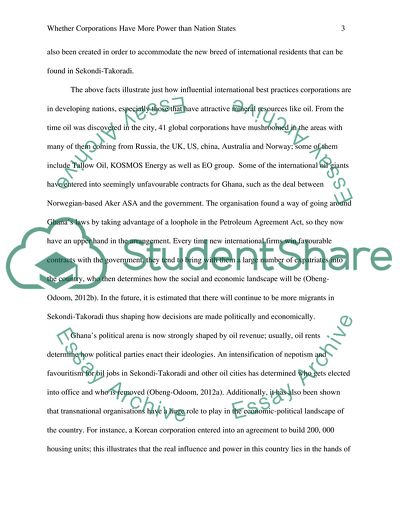Cite this document
(Whether Corporations Have More Power than Nation States Coursework, n.d.)
Whether Corporations Have More Power than Nation States Coursework. Retrieved from https://studentshare.org/finance-accounting/1840707-political-economics
Whether Corporations Have More Power than Nation States Coursework. Retrieved from https://studentshare.org/finance-accounting/1840707-political-economics
(Whether Corporations Have More Power Than Nation States Coursework)
Whether Corporations Have More Power Than Nation States Coursework. https://studentshare.org/finance-accounting/1840707-political-economics.
Whether Corporations Have More Power Than Nation States Coursework. https://studentshare.org/finance-accounting/1840707-political-economics.
“Whether Corporations Have More Power Than Nation States Coursework”. https://studentshare.org/finance-accounting/1840707-political-economics.


